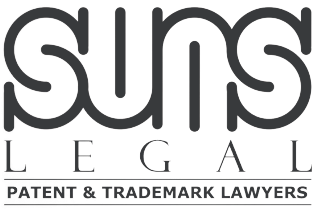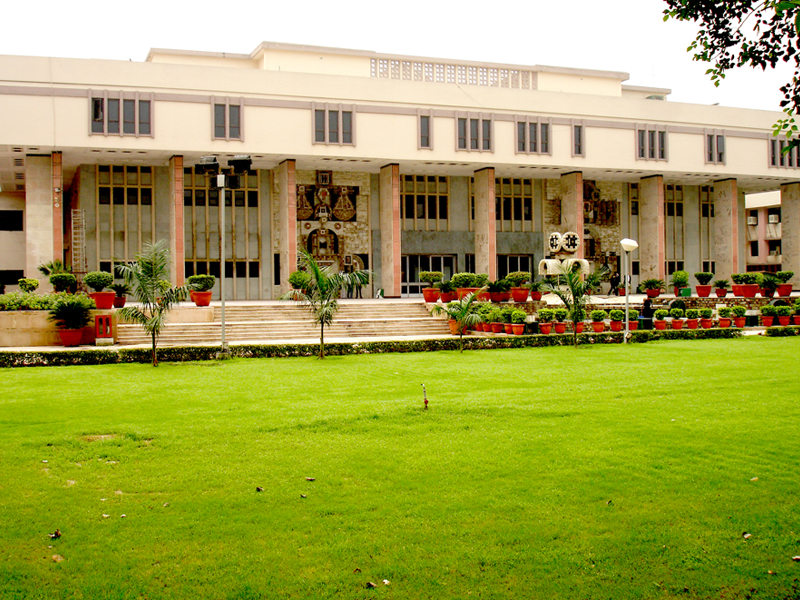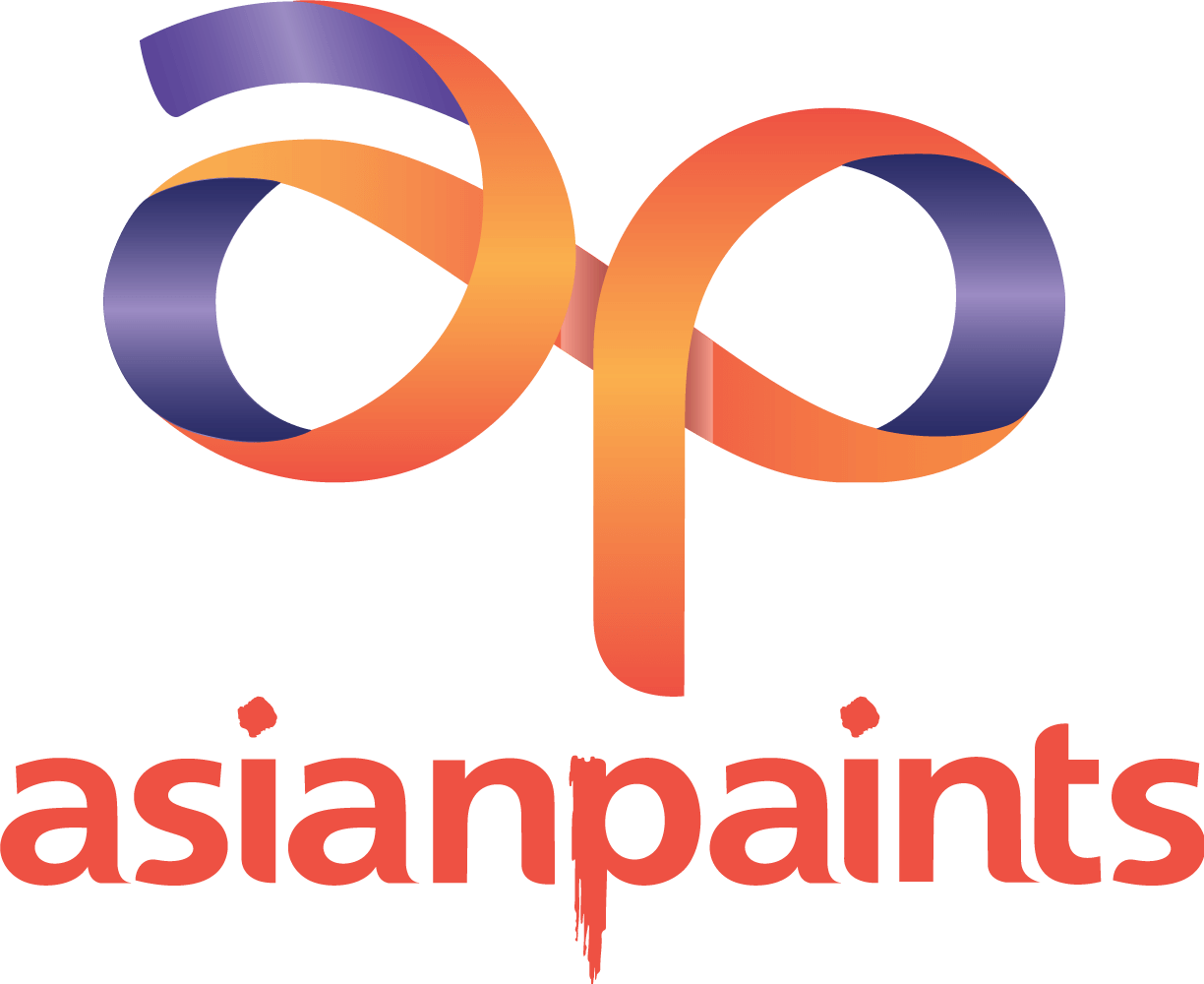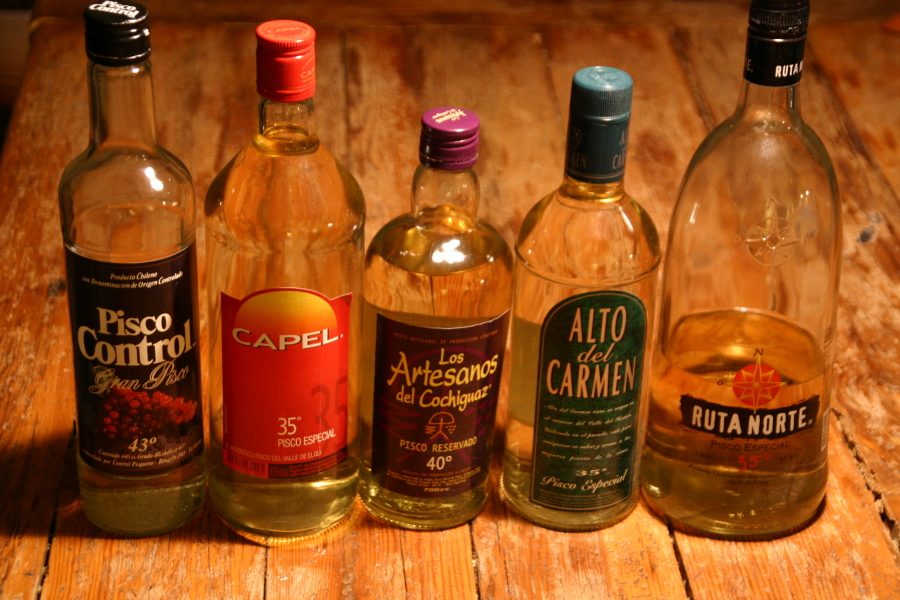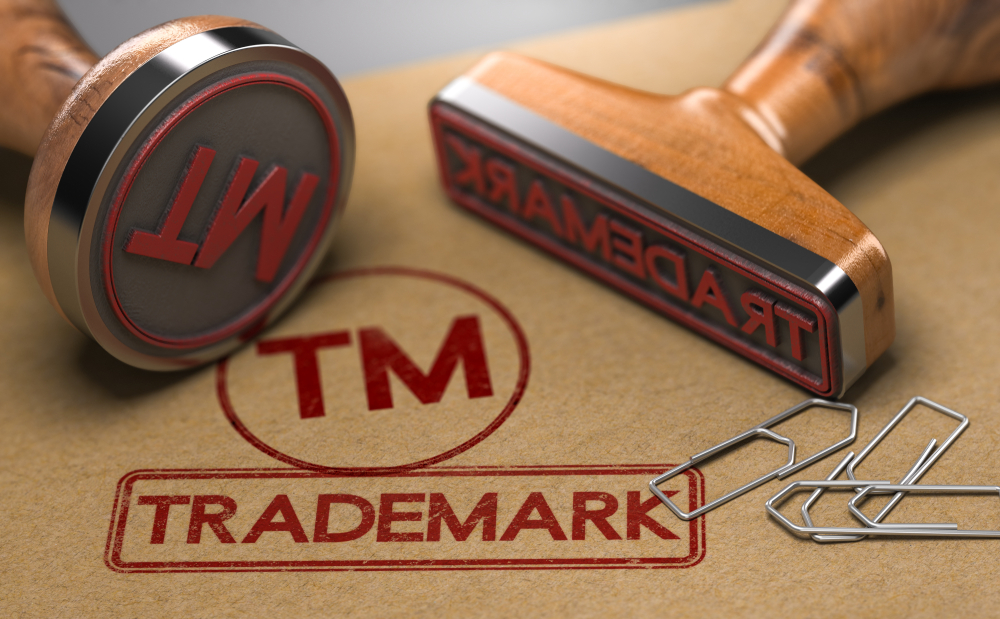Written by Anna Maria Joseph, Legal Intern and Verified by Sunil Jose, Managing Attorney, Suns Legal.
M/S VANS INC. USA .V. FCB GARMENT TEX INDIA (P) LTD. AND ANR C.O.
(COMM.IPD-TM) 161/2021 & I.A. 15763/2022
The Delhi High Court ruled on May 2nd that Vans Inc. cannot seek cancellation of FCB Garment Tex’s “IVANS” trademark, despite Vans Inc.’s recent recognition as a well-known trademark. The court explicitly stated that the declaration of a well-known trademark cannot give an “automatic, unabridged, and unmitigated right to a proprietor to apply for rectification of all the marks which have subsisted on the Register for years prior and in different classes”.
SUMMARY OF FACTS
The Petitioner VANS Inc., a renowned American corporation founded in 1966, had been engaged in manufacturing and trading footwear, apparel, and related goods. The “VANS” trademark, globally recognized and registered, including in India since 2011, was officially declared a well-known trademark by Indian authorities on February 19, 2024, solidifying its extensive recognition and reputation. A dispute arose when FCB Garment Tex India (P) Ltd, the respondent registered “IVANS” and “IV ANS NXT” in Class 25, covering similar goods. The company contended that these marks were deceptively similar to “VANS” in both phonetic and visual aspects, likely causing consumer confusion and diluting the distinctiveness of the “VANS” mark. Vans Inc. alleged that the Registrar of Trademarks failed to cite the prior registered “VANS” trademark during the examination of the respondents’ applications, violating Rule 33 of the Trademarks Rules, 2017. Furthermore, the company alleged dishonest adoption, asserting that the marks “IVANS” and “IV ANS NXT” were adopted to capitalize on the established reputation and goodwill of the “VANS” brand, causing market confusion and damage to their business. The petitioner sought relief from the High Court of Delhi, including cancellation or rectification of the respondents’ trademarks and an injunction restraining the respondents from using the marks “IVANS” and “IV ANS NXT”.
ARGUMENTS
The petitioner VANS Inc. averred that the respondents’ trademarks bore a deceptive similarity to their well-known “VANS” mark, likely causing consumer confusion; in contravention of Section 11(1)(b) of the Trademarks Act 1999. They contended that the respondents could not invoke honest concurrent use under Section 12 of the Act, as neither honesty nor concurrent use had been established, given the respondents’ constructive notice of VANS Inc.’s prior registration. They submitted that their trademark had been registered in India since 2011 and was declared a well-known trademark in February 2024, signifying extensive recognition and goodwill. VANS Inc. argued that the Registrar of Trademarks failed to cite the “VANS” trademark during the examination of the respondents’ applications, violating Rule 33 of the Trademarks Rules, 2017. Furthermore, they alleged that the respondents adopted the marks with mala fide intent to capitalise on the “VANS ” brand’s reputation, constituting unfair competition. VANS Inc. sought rectification and removal of the respondents’ trademarks.
The respondent, FCB Garment Tex India (P) Ltd submitted that their trademarks “IVANS” and “IV ANS NXT” were not deceptively similar to the petitioner’s “VANS” mark, highlighting significant differences in pronunciation, device marks, packaging, and products. They argued that the Registrar’s search and registration process was proper, and their marks were registered after due procedure. FCB Garment argued that the petitioner’s delay in entering the Indian market and lack of opposition to their mark amounted to acquiescence, waiving their rights. However, FCB Garment maintained that their own use of the marks had been honest and concurrent, entitling them to protection under Section 12. They further relied upon Neon Laboratories Ltd. v. Medical Technologies Ltd. & Ors., 2015:INSC:728 and S. Syed Mohideen v. P. Sulochanabai, (2016) 2 SCC 683 on the issue of ‘first in the market’ test being applicable and contended that a delayed user cannot be exploited merely by a prior application.
JUDGMENT
The court held that the defendant’s trademark is not deceptively similar enough to the plaintiff’s trademark to cause confusion, especially since their products are in different price ranges and are used for different purposes. The court favored FCB’s prior use of the trademark, following the “first in the market” principle laid down in Neon Laboratories Ltd. v. Medical Technologies Ltd. & Ors. (2015) which states that a proprietor of a trademark does not have the right to prevent the use by another party of an identical or similar mark, in cases where the latter commenced use of its mark prior to the user or date of registration of the mark. The Court gave little weight to the petitioner’s argument under Rule 33, as it was the Registrar’s responsibility to thoroughly search for similar trademarks, and notably, even now, a search does not show the petitioner’s mark as a match to the respondent’s mark, highlighting the lack of similarity between the two.
The court also used the “global appreciation test” established in Sabel v Puma [1998] R.P.C. 1992 to determine if there was a likelihood of confusion and found that the defendant’s marks were not likely to be confused with the plaintiff’s. This test evaluates trademark similarity and potential confusion by considering several factors, including visual and conceptual similarities, overall impression, consumer impact, distinctive character, and goods/services similarity, to provide a comprehensive assessment.
Regarding the well-known status of the plaintiff’s trademark the court held that having a well-known trademark doesn’t automatically give the right to cancel other marks that have been registered for years; and found that the defendant’s use of the marks was honest and concurrent, giving them protection under Section 12.
The honourable High Court of Delhi dismissed the petition, holding that the respondent’s marks were valid and not liable to be removed from the register, and that the petitioner’s claims were barred by acquiescence and delay.
CONCLUSION
This decision by the Delhi High Court highlights the importance of protecting trademarks and the need for brands to actively defend their rights. By rejecting Vans Inc.’s petition to cancel FCB Garments’ trademarks “IVANS” and “IV ANS NXT”, the court highlights the need for careful review of trademark applications to avoid confusion. This ruling makes clear that just because two trademarks are similar, it’s not enough to cancel one, and that distinct packaging and product differences can avoid confusion. Having a well-known trademark doesn’t automatically give the owner the right to cancel other trademarks that have been registered for years. The court’s decision also emphasizes the importance of being the first to use a trademark and making it publicly known.
